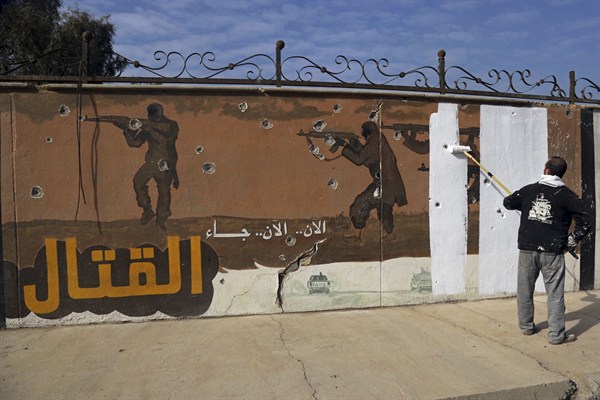MARRAKECH, Morocco—Tensions among governments over how to prevent terrorism are evident, from the confusion over U.S. President Donald Trump’s efforts to clamp down on migration to disputes between neighbors in Europe, the Middle East and Africa over border controls. But the will to cooperate is strong. The challenges center around mismatches in legal authorities and capabilities, and the ever-changing nature of the enemy. Both trends were on display at the annual Marrakech Security Forum this past week, where security officials and experts from Arab, African and European countries gathered to discuss the obstacles they face, but also the progress they’ve made, in fighting terrorism.
Like it or not, terrorism is now the driver for much of how states talk to each other about common security threats, and that was true at Marrakech. I have argued in these columns that climate change and nuclear dangers are equally compelling as great global threats. But it is terrorism that focuses the minds of leaders when they meet with their counterparts, and terrorism that is the urgent disrupter of domestic and international peace and security. One can argue about whether that really makes sense, and whether downplaying terrorism’s chances of success might be a better way to deal with it. But the fear caused by the steady string of attacks over the past several years in countries far from the battles of Mosul, Iraq, and Raqqa, Syria, cannot be ignored.
Security officials in states that are sources or targets of terrorism—or both—have a lot to worry about. They can never be sure that they have a handle on the problem, or are allocating resources intelligently to monitor, disrupt, prevent or prosecute acts of terrorism. The challenge is rendered more complex by the myriad institutions engaged, often with missions that are not neatly aligned with each other.

